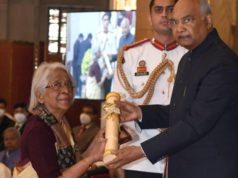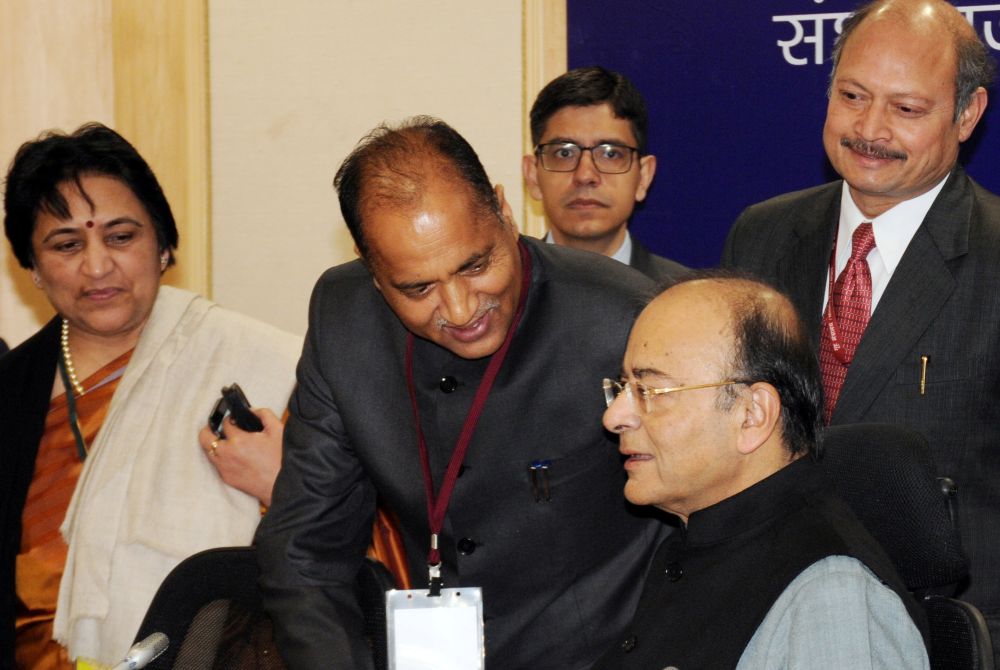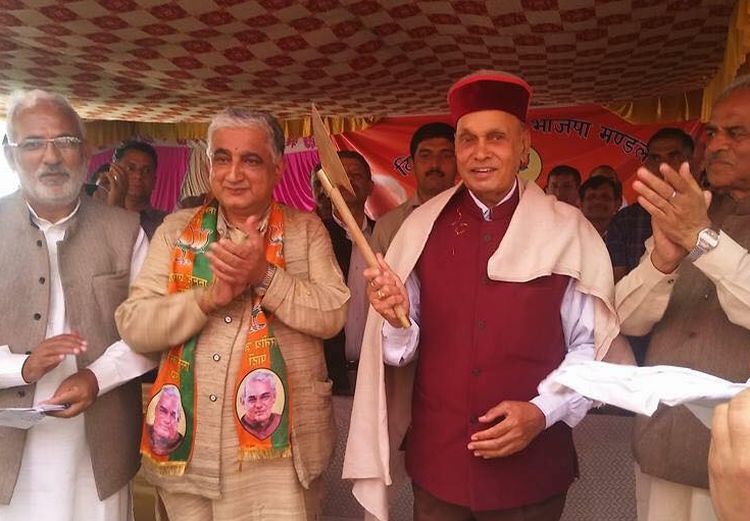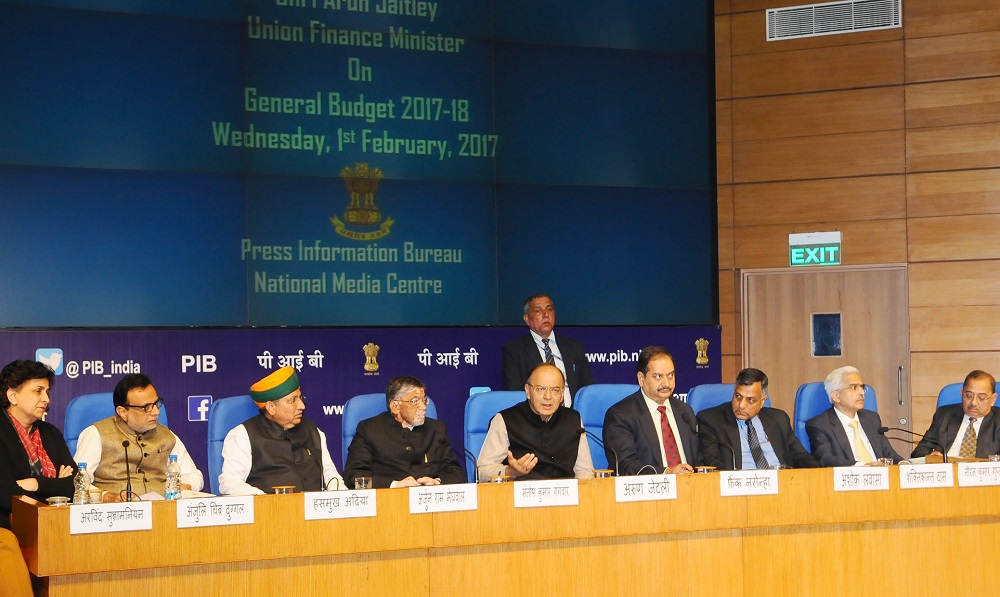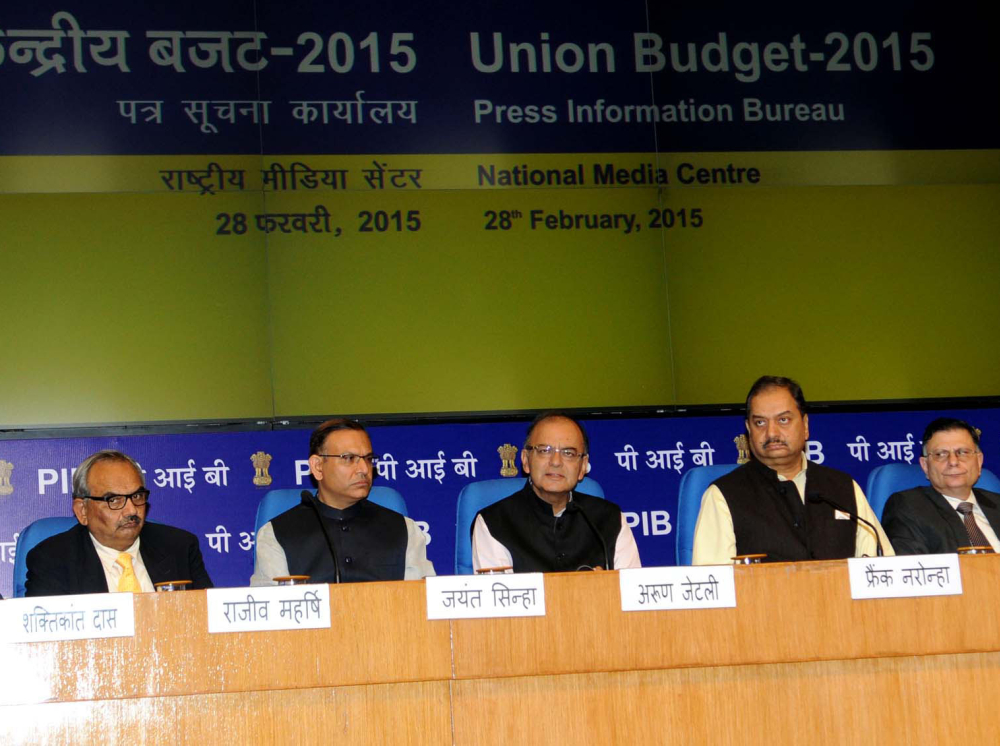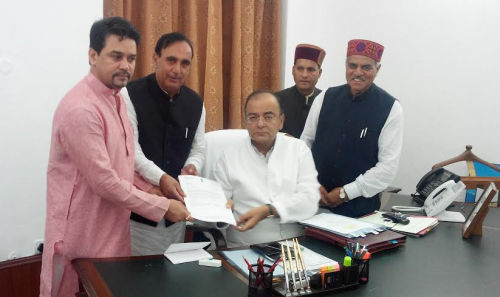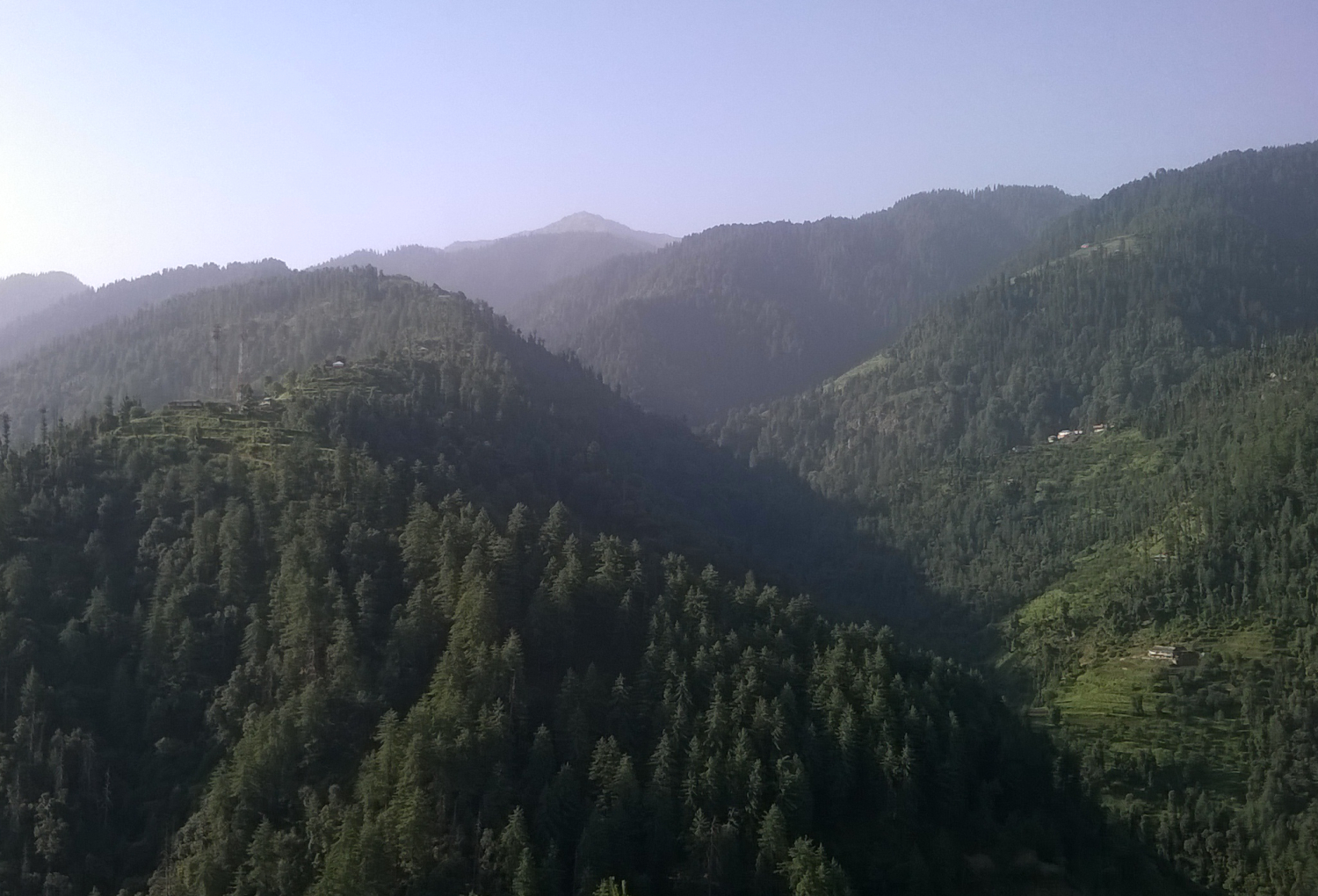BJP senior leader Arun Jaitley tries to clear some air over the recent controversy over VBS, here is detail about his opinion on it.
News items appearing in the media have highlighted the fact that a Steel manufacturing company was raided by the Income Tax Department and accounts of certain payments made by it to different departments of the government and individuals have been reflected therein. The payments relate to the years 2007 to 2010. There are extensive payments to the staff of the Ministry of Steel. Amounts are stated to be spent on various public sector undertakings attached to the Ministry of Steel and to certain individuals allegedly holding key positions in the government. A news item appearing in the leading national daily has highlighted the most disturbing entry namely “Amount of expenses CBI, ED staff”. There are details of five different payments made to an entity referred to as ‘VBS’ during the period 2009-10. Who is this VBS? Is this a political payment?
The then Minister of Steel, Virbhadra Singh has denied that the entry ‘VBS’ refers to him. He has alleged that he writes his initials as ‘VS’ and not ‘VBS’. He has pleaded ignorance about this entry and alleged that BJP could be behind this exposure.
Virbhadra Singh is wrong on all counts. The issue is not whether he refers to himself as ‘VS’ or ‘VBS’. manufacturer who maintained these books of accounts refers to him as ‘VBS’ or The issue is whether the Steel Obviously, the BJP nor any of its’ member prepared these books of accounts. It was the Income Tax Deptt which raided the company. These documents are in possession of the Income Tax Deptt since December, 2010. Only they could have leaked them. The BJP is stranger to the entire transactions.
These Account Books are admissible evidence against ‘VBS’ The Congress Party has jumped to the defence of the purported ‘VBS’ by stating that a diary is not an admissible evidence. judgement of the Supreme Court in the infamous Jain Hawala case. judgement in the Jain Hawala case has no bearing on this case. My reasoning for the same is as under :-
• These are regular books of accounts. There is a serial number, date of payment or receipt, the person to whom the payment is made, the person who authorised the said payment, the quantum of money paid or received and the balance which remains in the account. Needless to say the entire payment appears t o be in cash. The account is referred to as the ‘CMD Account’
• These are regular books of accounts maintained in the regular course of business and are a relevant evidence (section 34 of the Evidence Act). The veracity of these cannot be disputed since they were seized in a Tax raid.
• These books of accounts are an admission in writing admissible against the maker of the admission i.e. the steel Company, ISPAT (section 17 and section 21 of the Evidence Act). These Books reflect a criminal conspiracy between a bribe giver and a bribe taker. Section 10 of the Evidence deals with this situation. The Judgement of the Supreme Court in the Jain Hawala case approves the principle that there must be — (a) a reason to believe that two or more people have conspired to commit an offence; (b) there must be anything said or written by anyone of them; and (c) It must be in reference to the common intention.
If these conditions are satisfied an admission by a conspirator is an admissible evidence against the other co-conspirators. Admittedly, there is an admission in writing. During the one year period during which five payments were made, an act of bribery took place, the entries were made They have cited the
The in the accounts and so were admissions (entry in the Accounts) made during the execution of the conspiracy. The applicability of section 10 was over-ruled in the Jain Hawala case because admissions in writing were made at a post conspiracy stage where section 10 does not apply. Here the situation is different. The admissions are made during the conspiracy period of almost one year.
• The only issue to be investigated is whether there is any evidence to which these diaries would corroborate. That would be a subject matter of the investigation. In an investigation all that the investigator has to find out is to identify the person who authorized the payments. In this case most payments to ‘VBS’ have been authorized by ‘AKS’. It is not difficult for any seasoned investigator to identify as to who is ‘AKS’. The contact between AKS and VBS would be required to be investigated. Any matter which VBS is dealing with in relation to the steel company would be required to be investigated. Such an investigation is not a complicated affair.
• There is no quid pro quo Prevention of Corruption Act. that there is a presumption of illegal gratification when a public servant receives any amount other than a lawful payment required to be proved to invoke the Section 20 of the Act clearly states.
Can the CBI investigate this matter ?
This case obviously cannot be investigated by the CBI diaries contain an entry of expenses spent by the Corporate Group on CBI and ED. This is a fit case where the legal process has to be set into motion and be referred to an SIT team consisting of officers of unquestionable integrity.
The Identity of VBS
If payments are being made to the Steel Ministry officials and its PSUs under the CMD account, it is not difficult for any investigator to decipher the identity of ‘VBS’. Section 114 of the Evidence Act permits the presumption about the existence of a fact which it thinks likely to have happened, regard being had to the common course of natural events, public and private business.
The Political Issue
These accounts have been in possession of the Income-Tax authorities for the past 22 months. Obviously the CBDT, the Revenue Secretary and the Finance Ministry must have been aware of this. Has this fact been brought to the notice of the Finance Minister? It is obvious that this is not merely a revenue issue. It has serious implications on governance in India. It is a corruption issue. There is no reason why this fact has not been brought to the notice of the appropriate anti-corruption mechanism and various investigative procedures being invoked. Any public servant who has suppressed facts relating to the commission of an offence, himself is culpable and liable for dereliction of duty. It is obvious that the government tried to conceal this fact. Truth is difficult to be suppressed; it leaks itself out. What is the Prime Minister going to do now. Is he going to add to the environment of negativity by looking the other way and ignore facts? Were these facts known to him and the Congress President when they took certain decisions with regard to the Congress Party’s organizational changes in Himachal Pradesh? Their silence will reflect on their condemnation of corruption.


